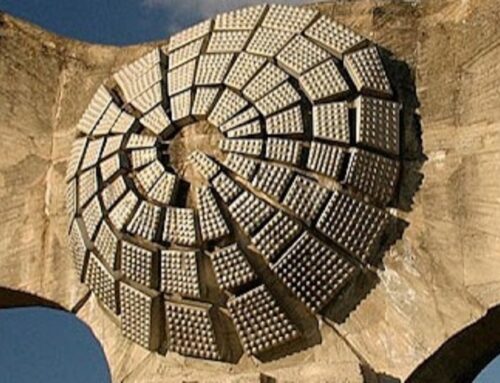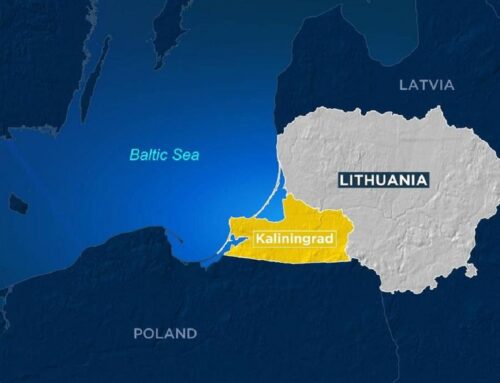I had several ideas for paragraph openings, but none seemed to stand out, so I chose this one: I will (n) ever come back. Probably this is a sentence that more than 43243 young people from Republic of North Macedonia have said, and I truly share their enthusiasm. [1]
The Western Balkan Six (WB6) region has experienced significant emigration for decades, generating a large diaspora. It is rare for a family in the Western Balkans not to have relatives living in Germany, Belgium, Sweden, Switzerland or USA. In mine are two: I am in Belgium and my younger brother lives in Slovakia, so my mum was left with only one living in Macedonia. Yet, at least one. However, my best friend’s family is not as fortunate. Their two daughters, both live abroad, one is in the US and the other in Hungary.
There is no question that young people are leaving their home countries in search of greater opportunities abroad. But this is not the only reason. We left because of nepotism and corruption, we left because of discrimination, we left because of narrow mindedness. And last but not least, we left because they underestimated the power of youth. By they, I mean every Government since 1990.
The country was resisting change, so we brought change elsewhere.
It may sound nice for countries such as Germany, to gain highly skilled workers and unskilled workers, both of whom are welcome contributions to the nation’s economy and society.
The circular migration of highly skilled workers to their home countries after spending time abroad does not take place in the Western Balkans as much as governments and migration experts would have hoped.
According to estimates from the World Bank, the Western Balkans would require about 60 years before achieving the European Union’s average income level based on the per capita income growth between 1995 and 2015.
Every day, 430 Western Balkans have received a long-term residence permit in the European Union since 2019- a region of 18 million people. Since 2012, 6 % of the working – age population has left the region. The population of the Western Balkans is shrinking. Between 2013 and 2018, the number of people who moved long-term to the European Union almost tripled – from 55,834 to 154,242.
The overall working age population in the Western Balkans has declined by more than 400,000 individuals in the last 5 years. Across the region, the number of births is also decreasing. In 2019, Bosnia and Herzegovina saw the fewest births since 1948. The forecasts, therefore, are bleak.
This, of course comes with a price. The emotional one, many parents are separated from their children, followed by the financial stress. The Western Balkans spends a sizable amount of money on education young people, who often move abroad. On average, the cost of higher education per person ranges between 18.283 EUR in Albania and 34.139 EUR in Serbia. To date, more than 40.000 EUR have been invested in my education (I am a Master’s degree holder in European Studies obtained in Germany, a study that was fully funded by the European Affairs Secretariat in Macedonia, and of course my mother has provided financial support for my other educational exhibits such as language courses, training courses, specializations, etc.).
Educating medical workers tends to be even more expensive. As an example, Bosnia and Herzegovina invests more than 50 million euros per year in training health professionals who will somehow end up working in the EU. If this trend continues with this dynamic, the Western Balkans is going to be number one supplier of free labor force for the EU.
These numbers and facts are known to governments. Particularly in Macedonia, where nothing is being done. Nothing. Only promises and strategies[2] on paper. And it is sad. Truly sad.
Sources:
[1] After almost 20 years, population census was conducted in Republic of North Macedonia: the numbers were striking: In 2002 the children from 0-9 years old were 265941. Those children in 2021 would have 20 to 29 years. The total number of youths from 20 to 29 years in 2021 is 222698 or 43243 less, so 16.3% of the children that had from 0-9 years in 2002, today are not residents in the R.N.Macedonia https://www.stat.gov.mk/InfoGraphic/2022/Broshura-mk-web.pdf
[2] http://www.crpm.org.mk/wp-content/uploads/2012/03/Developing-Brain-Gain-Policies-in-Macedonia_Pitfalls-and-ChallengesOPTIM.pdf





Leave A Comment